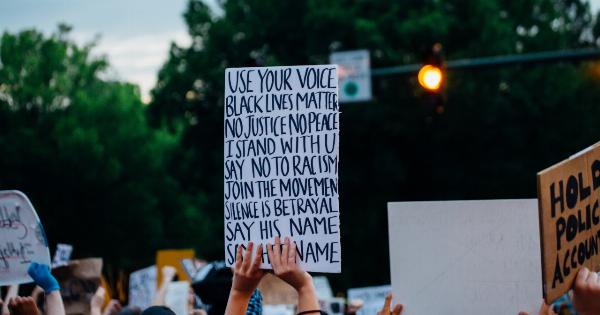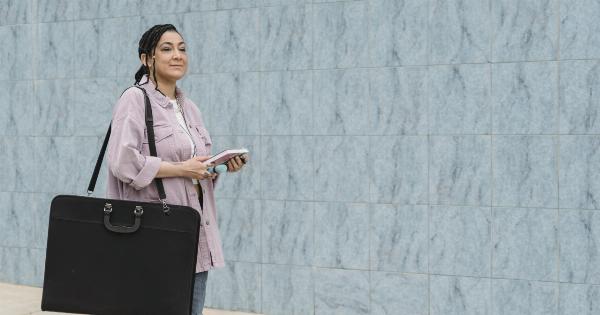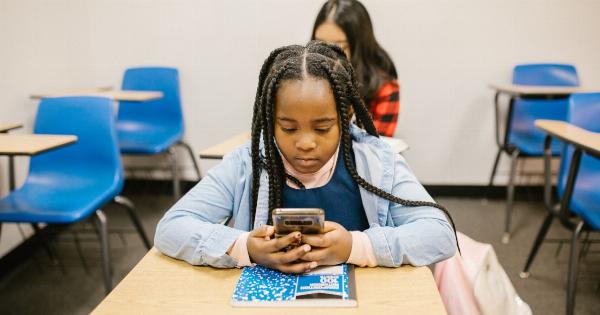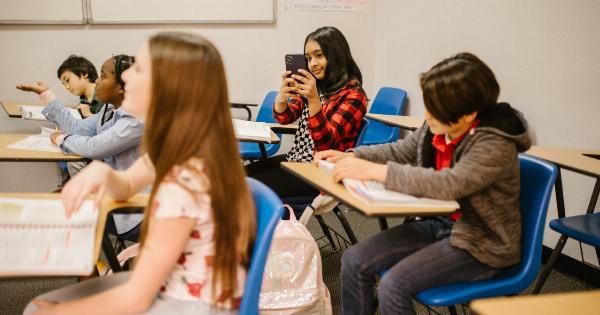Creating opportunities for marginalized groups in society is a crucial step towards achieving equality and justice.
Marginalized groups are individuals or communities that are denied access to social, economic, and political opportunities due to their social status, race, ethnicity, gender, sexual orientation, disability, or educational background. Marginalization causes these groups to face discrimination, poverty, social exclusion, and limited access to education, employment and healthcare. Therefore, improving opportunities for marginalized groups is a vital aspect of social justice.
This article aims to discuss practical ways of improving opportunities for marginalized groups.
Education
Education is key to breaking the cycle of poverty and social exclusion. Therefore, creating equal and inclusive education opportunities for marginalized groups is critical.
Education is a tool that creates social mobility and helps individuals break the poverty cycle. Improving the quality of education in marginalized areas is also crucial, as individuals require quality education to become productive members of society. Some ways of improving education opportunities include:.
- Providing scholarships and grants to marginalized individuals to access education
- Ensuring that government education policies are inclusive of disadvantaged groups, and the teachers are trained to handle diverse classrooms
- Investing in education infrastructure and materials, including classrooms, libraries, and textbooks, especially in marginalized areas
Healthcare
Access to healthcare is a fundamental human right that is denied to many marginalized groups. Marginalized groups face health disparities due to poverty, discrimination, and social exclusion, leading to poor health outcomes.
Therefore, creating equal and inclusive healthcare opportunities for marginalized groups is critical. Some ways of improving healthcare opportunities include:.
- Investing in healthcare infrastructure in marginalized communities
- Providing free or subsidized healthcare and health insurance plans to marginalized groups
- Creating awareness and communication channels to provide health education to marginalized individuals and communities
- Training healthcare professionals to handle diverse patients, including those from marginalized communities
Employment
Access to employment opportunities is vital for breaking the poverty cycle and achieving social mobility. However, marginalized groups face limited employment opportunities due to discrimination, lack of skills, and social exclusion.
Creating equal and inclusive employment opportunities for marginalized groups is crucial. Some ways of improving employment opportunities include:.
- Reserving a certain percentage of employment opportunities for marginalized groups in government and private sector employment
- Providing vocational training and skill development programs to marginalized individuals to improve their job prospects
- Encouraging diversity and inclusion policies in the workplace to promote equal opportunities for all employees
- Creating entrepreneurship development programs for marginalized groups to start their businesses and become self-sufficient
Political Participation
Political participation is critical in ensuring that the voices of marginalized groups are heard and represented in the decision-making process.
Political participation allows marginalized groups to be part of society’s larger fabric and enables them to take ownership of their social, economic, and political destiny. Some ways of promoting political participation for marginalized groups include:.
- Increasing representation of marginalized groups in decision-making bodies, including the legislature, local government councils, and political parties
- Encouraging voter registration and participation for marginalized groups
- Creating an inclusive and diverse political culture that respects the views of marginalized groups
- Ensuring that marginalized groups have access to unbiased information about the political process and their civil rights
Social Exclusion
Social exclusion is a significant barrier to the inclusion of marginalized groups in society. Social exclusion occurs when individuals or groups are denied access to social networks, services, and opportunities due to their social status or background.
Social exclusion exacerbates poverty, discrimination, and limited access to social services, leading to poor health, education, and job outcomes. Therefore, creating inclusive communities that promote diversity and social inclusion is critical. Some ways of promoting social inclusion for marginalized groups include:.
- Encouraging community participation and creating opportunities for marginalized groups to interact and build relationships
- Promoting diversity and tolerance in communities to promote social inclusivity
- Eliminating discriminatory practices and policies that promote social exclusion
- Celebrating and recognizing the diversity of marginalized groups in society
Conclusion
In conclusion, creating opportunities for marginalized groups is an important aspect of promoting social justice and equality.
Equal access to education, healthcare, employment, political participation, and social inclusion is critical for the upliftment of marginalized communities. Governments, civil societies, and individuals need to work together to ensure that marginalized groups are not left behind in society’s progress.





























